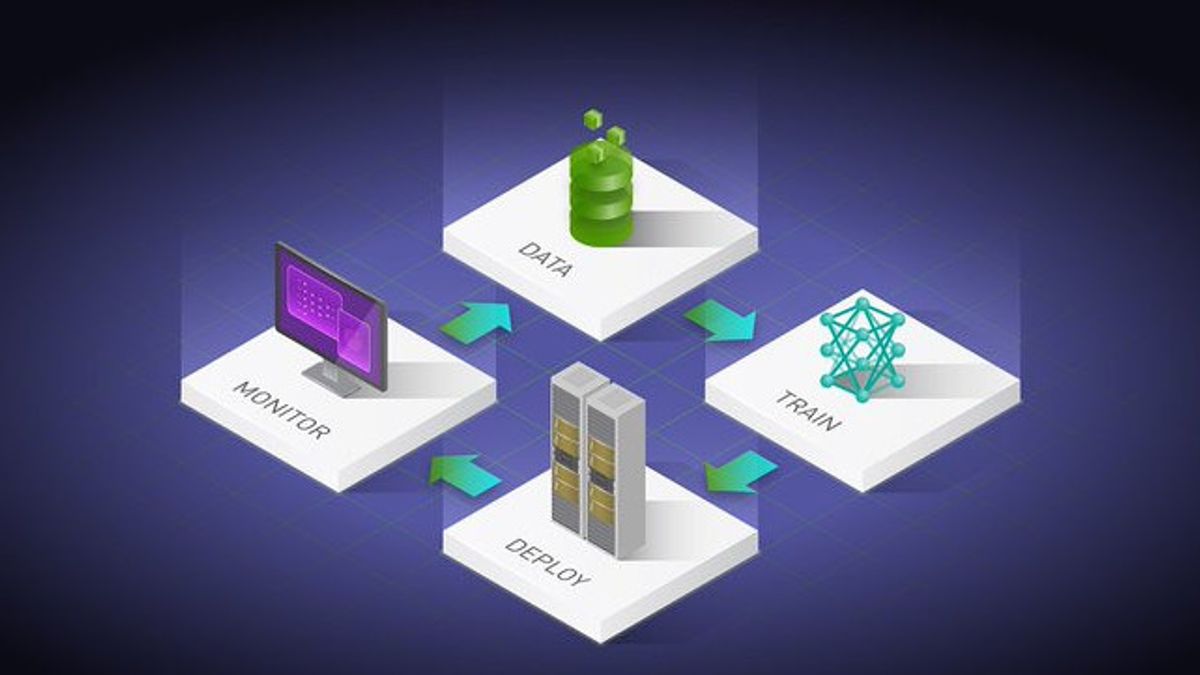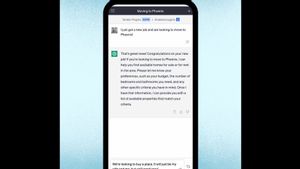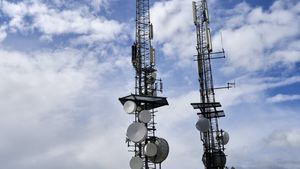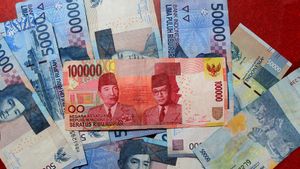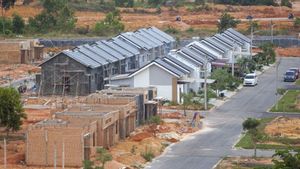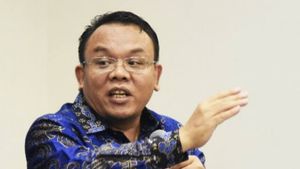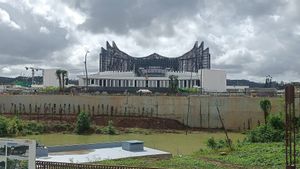JAKARTA - US microchip export controls imposed last year to freeze China's development of supercomputers used to develop nuclear weapons and artificial intelligence systems such as ChatGPT have had minimal impact on China's technology sector.
The rules limit shipments of Nvidia Corp and Advanced Micro Devices Inc (AMD) chips that have become the global technology industry standard for developing chatbots and other AI systems.
However, Nvidia has been creating variants of its chips for the slowed Chinese market to comply with US regulations. According to industry experts interviewed by Reuters, the latest variant - the Nvidia H800, which was announced in March - will likely take 10% to 30% longer to perform some AI tasks and could double the cost compared to Nvidia's fastest chip in the US.
Nonetheless, even those slowing Nvidia chips are still an upgrade for Chinese companies. Tencent Holdings, one of China's largest technology companies, estimated in April that a system using the Nvidia H800 would cut the time it takes to train its largest AI system by more than half, from 11 days to four.
"The AI companies we spoke to seemed to see these weaknesses as relatively minor and surmountable," said Charlie Chai, a Shanghai-based analyst with 86Research.
The back and forth between government and industry exposes US challenges to slowing China's advances in high technology without hurting US companies.
Part of the US strategy in setting these rules is to avoid shocks so that China will abandon US chips altogether and strengthen their own chip development efforts.
"Those rules have to be enacted at some point, and wherever they draw the line, they're going to face the challenge of how not to be overly intrusive in person, but also how to over time undermine China's capabilities," said a chip industry executive who requested anonymity. engage in private discussions with regulators.
Export restrictions have two parts. The first places limits on the chip's ability to compute extremely precise numbers, a measure designed to limit the supercomputers that can be used in military research. Chip industry sources say it is an effective measure.
However, calculating highly precise numbers is less relevant in AI work such as large language models where the amount of data a chip can process is more important.
Nvidia is selling the H800 to China's biggest tech companies, including Tencent, Alibaba Group Holding Ltd and Baidu Inc for use in such work, though it has yet to start large shipments of chips.
SEE ALSO:
"The government is not seeking to harm US competition or industry, and allow US companies to provide products for commercial activities, such as providing cloud services to consumers," Nvidia said in a statement last week.
China is an important customer for US technology, he added. "October export caps require us to make products with a growing gap between the two markets," Nvidia said last week. "We comply with regulations while offering the most competitive product possible in every market."
Bill Dally, Nvidia's chief scientist, said in a separate statement this week that "this gap will grow rapidly over time as training requirements continue to double every six to 12 months."
A spokesperson for the Bureau of Industry and Security, the part of the US Department of Commerce that oversees the rules, did not respond to requests for comment.
The English, Chinese, Japanese, Arabic, and French versions are automatically generated by the AI. So there may still be inaccuracies in translating, please always see Indonesian as our main language. (system supported by DigitalSiber.id)
